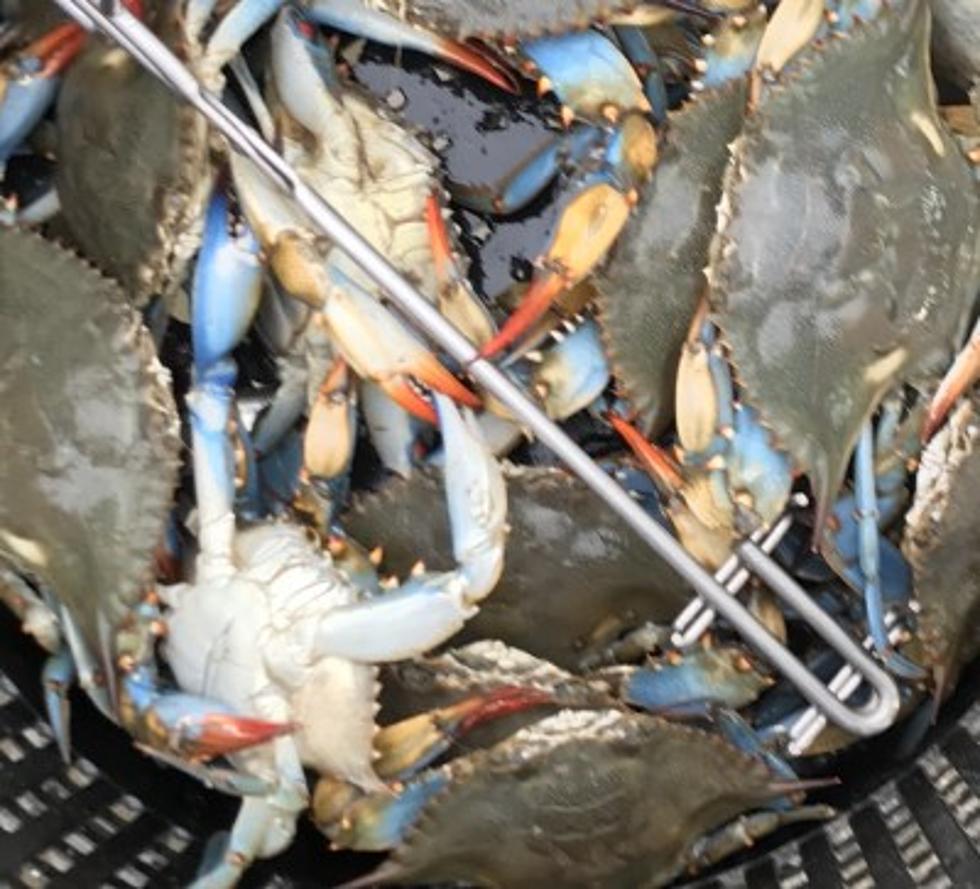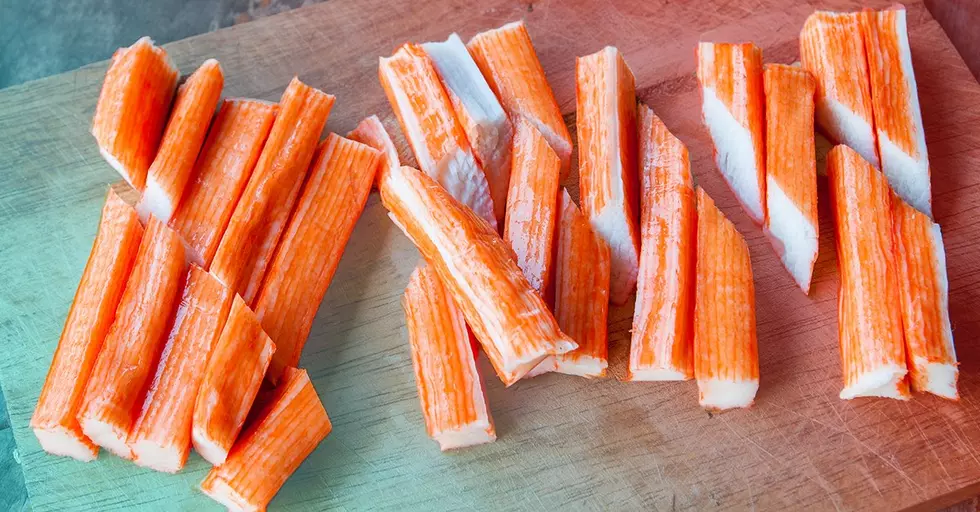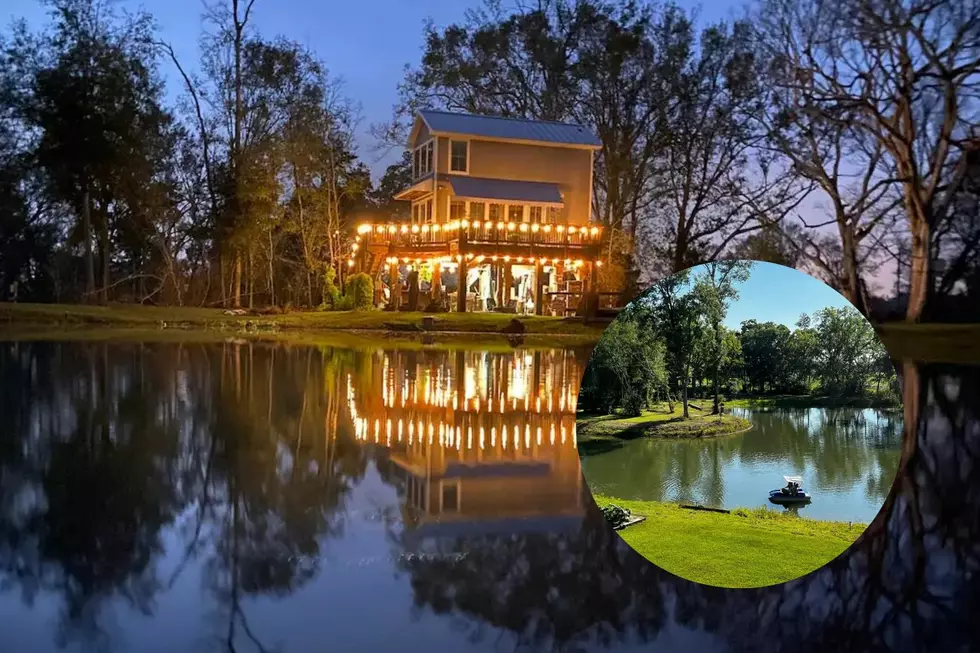
What Do I Need to Go Crabbing? We’ve Got the List of Essentials
The "What y'all did this weekend?" question around here will frequently bring the "We went crabbing!" response since we are so close to great areas to crab. Before you head out, make certain you are taking what you need.
I grew up just south of Abbeville and, as well as I remember, we spent many weekends in Cameron Parish fishing and crabbing. Our go-to place was usually Rockefeller Wildlife Refuge and, after over an hour's ride to the water, it was frustrating to have forgotten anything at home.
The reason I am putting together this list is two-fold: 1) I can reference it when I am ready to head out so I don't forget anything, and 2) to help introduce anyone to the joys of crabbing who might not be certain of how it's done or what is needed.

For those who have never been crabbing, the premise is fairly simple: tie bait on a string, throw bait into water, wait until crab latches on to the bait, then pull the line in and scoop up the crab with a dip net. The premise is simple, but the techniques vary.
If you are catching crabs against a bulkhead, you may want to scoop down with the net from above the crab and trap it against the bulkhead. If you are on a bank, you may want to rest the net on the "floor" under the water and pull the crab over the net, then lift the net. If you are in a boat, you'll want to come up from under the crab with the net.
Or, you can opt for ring nets. To operate one, you attach the bait to the net and then drop the net into the water. After a few minutes, you pull the net up. The net is made up of 2 or 3 rings connected by net material. Strings are attached to the outer-most ring and, as you pick up the net, the outer rings come up first, making a cone that the crabs can't easily swim out of.
I enjoy the challenge of crabbing with string, but also like the ease of using ring nets. When the crabs are really active, you can catch two or three on each string bait and sometimes 4 or 5 each time you pull up a ring trap!
As for bait, the most common we've always used is turkey necks and beef melt. Turkey necks are easy to secure to a string or a ring net and they can last hours. Melt (which is actually beef spleen) is fantastic bait, but it isn't as hardy as the turkey necks and has to be changed out often.
Other bait I've seen people use: pieces of chicken (leg quarters, mostly), turkey wings, fish (a good-sized mullet caught several crabs for us this past weekend), and even roadkill. Squirrel, raccoon, possum - anything they found on the road on the way to the crabbing spot was subject to repurposing!
So, is it time to go crabbing? Not yet: you'll need some other supplies.
STRING
You can find string at any hardware or grocery store. Just tie one end to the weir, pier, boat, or a stick in the mud and tie the bait on the other end.
Tackle shops and outdoor stores will have "rigs" like this one, complete with a weighted bait latch (sometimes your bait may float so it needs to be weighted down).
OR RING NETS
Here is an example of a cheap ring net you can use to catch crabs. IF YOU ARE CAREFUL WITH THEM, they may last a whole season. If you crab frequently, it may pay you to invest in something a little more sturdy from your local bait and tackle shop.
BAIT
Raw turkey necks, chicken or turkey wings, legs, thighs, beef melt, roadkill, fish - pretty much anything that is meat.
NET
You'll want a sturdy net with netting that isn't too large, You'll also want to consider where you are crabbing when you purchase a net, as a longer handle usually comes in handy (no pun intended). **PRO TIP** Purchase a pool "noodle" and cut off about a foot of it to slide onto the handle of the dip net. If you drop it in the water, it will float!
KNIFE
A knife comes in very handy when you are crabbing: cutting string, cutting bait, fighting off alligators, etc.
BASKET
A basket like the one pictured above is a common sight at crabbing spots around these parts. They are light, easy to carry, and they will hold a few dozen crabs. **PRO TIP** While there are crabs in the basket, try to keep them in the shade until they are transferred to the ice chest.
ICE CHEST
Once you start catching crabs, you'll want to transfer them from the basket to an ice chest. Just dump the crabs in the ice chest, lay a wet towel on the crabs, and then a thin layer of ice. You'll want to take care to not let too much water build up in the ice chest, as the crabs will stay alive longer if they are not under water.
TONGS OR PINCERS
A sturdy pair of tongs or pincers come in quite useful when handling crabs, as crabs have pincers of their own. But their pincers are stronger, sharper, and crave flesh. There has not been one time that I've been crabbing where I didn't hear the words "Aye, yi yi!!" (frequently followed by a few choice words in Cajun French).
FISHING LICENSE
Be certain that you are legal when you go crabbing, as it's much cheaper to purchase the proper licenses than it is to pay a fine for not having one. You do NOT need a crabbing license in Louisiana IF you are crabbing on private land or outside of a Wildlife Management Area or Refuge, according to the Louisiana Department of Wildlife and Fisheries. But: be a good citizen and buy one anyway as those funds help keep up the areas in which we love to hunt, crab, and fish!
HAT
BUG SPRAY
In the marsh, the bugs are king unless you have a strong breeze blowing. Be certain you have some type of insect repellant.
WATER
There are no services out near most places you can crab in Louisiana, though there are portable restrooms at some of the locations. Having plenty of fresh drinking water on hand is always a good idea.
FOOD
If you are lucky, you can catch your limit (144 per vehicle) of crabs in just a few hours. If you plan to stay longer, you might want to bring some snacks to munch on. Growing up, we usually had sandwiches and suck. As an adult, I go for decadent dishes. Vienna sausages, please!
BON APPETIT
10 Steps to Boiling Crawfish Like a Pro
7 Interesting Facts About The Atchafalaya Basin Bridge
Don't Ever Put These Foods in the Crock Pot
More From Hot 107.9









